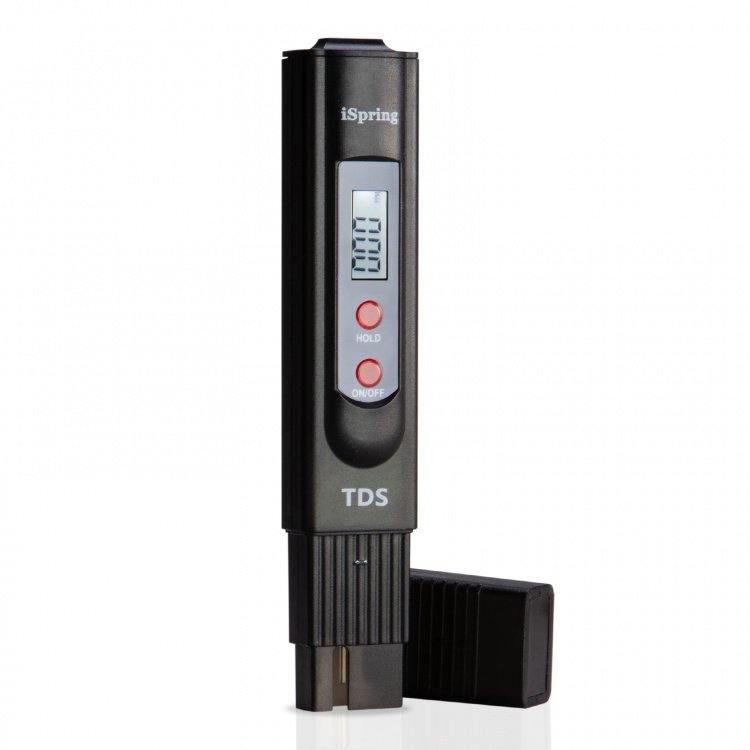iSpring TDS2 2-Button Digital Water Quality TDS Test Meter with Backlit LCD
Dive into Summer Savings
15% Off Your Purchase
About this item
- Two buttons: HOLD and ON/OFF
- Hold Function -Saves measurements for convenient reading and recording.
- Auto off function -Turns off meter after minutes of inactivity.
- Measurement Range: 0-9990 ppm. From 0-999 ppm, the resolution is in increments of 1ppm. From 1000 to 9990 ppm, the resolution is in increments of 10ppm, indicated by a blinking x10' image.
- Pre-Calibrated
- Batteries included

iSpring TDS2 2-Button Digital Water Quality TDS Test Meter with Backlit LCD
- Availability: In Stock
- Model: TDS2
- Manufacturer: iSpring
- Product Dimensions: 0.50"L x 1.10"W x 6.10"H
- Product Weight: 0.15 LB
Reviews with images
Write Review
2025-02-23
Bought new off Internet for testing my aquarium water. Worked sorta one time. Hold button failed to "hold" and then when I went to test a second time the unit failed to work at all. Turning on, I get the backlight on and then three dashes. Hit the on/off button to turn off and it doesn't turn off.
Maybe it is usually good, but the one I got is a piece of shite.
-
Start Download
TDS Black Manual























